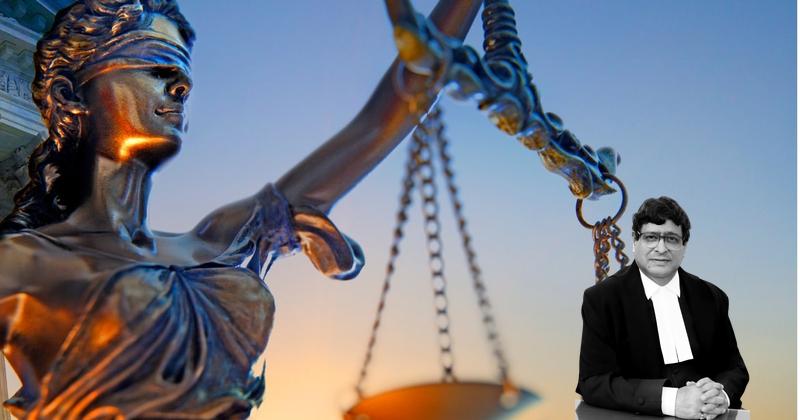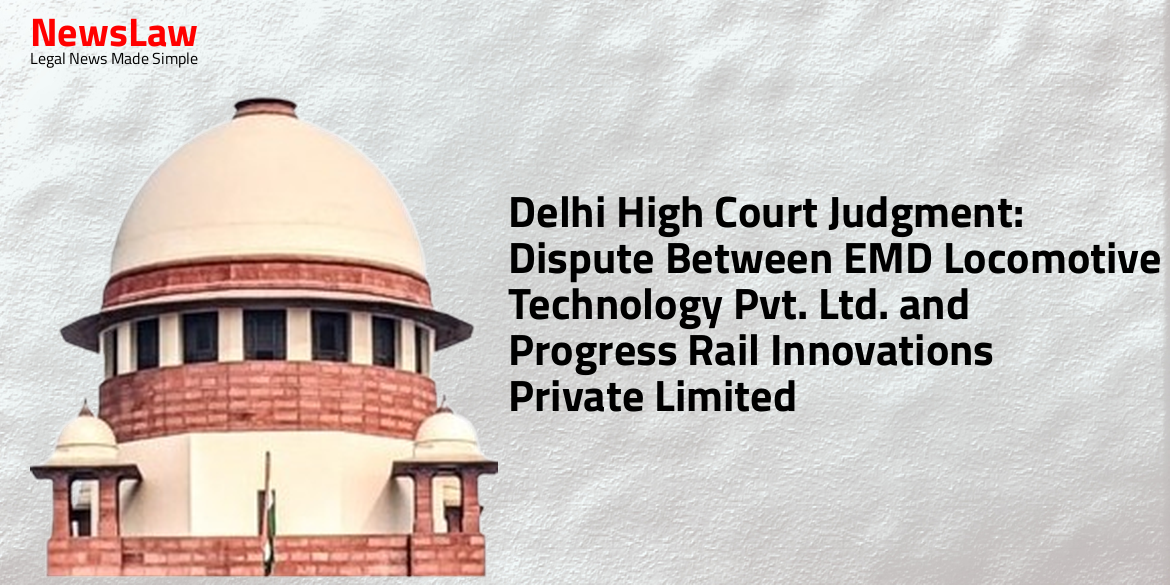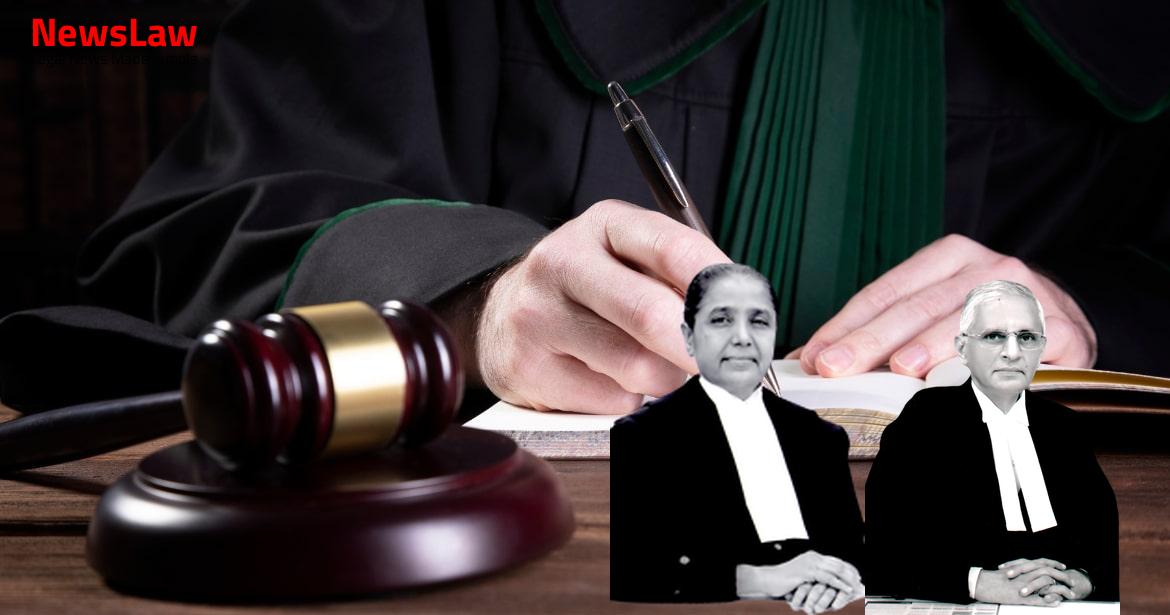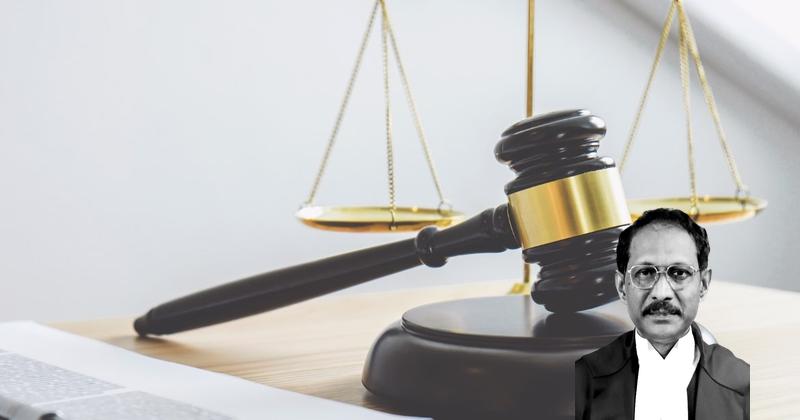The appellants question the legality of a judgment of a Division Bench of the Delhi High Court, which in substance sustains an order of the Central Administrative Tribunal allowing the respondent to withdraw her resignation and permit her to re- join duty. Therefore, the writ petition is disposed of with a direction to the respondents to deliberate upon and thereafter dispose of the request of the petitioner qua withdrawal of her resignation; albeit by a speaking order. The respondents, while passing the order, will also take note of the judgment of this court dated 18.03.2005, passed in WP(C)
Also Read: https://newslaw.in/case-type/criminal/quashing-of-criminal-complaint-in-commercial-dispute/
No 3303/2003, titled Nirmal Verma vs MCD and Anr.
In the petitioner’s case also accordingly there is no ground made out for adopting a different yardstick or contrary legal submission to defeat the petitioner’s case.
The Tribunal in a judgement delivered on 20 March 2017, relying upon Rule 26(4) of the Central Civil Services (Pension) Rules, 1972, sustained the respondent’s case, primarily relying on judgement of the Delhi High Court in the case of “Nirmal Verma -vs- MCD and Anr.” delivered on 18 March 2005 in Writ Petition (Civil) No.3303/2003.
The memorandum of charges was issued on 4 September 2011 and the two articles of charges related to her involvement in political activities while working. The only argument advanced by the counsel for the respondents that a chargesheet was issued to the applicant before her resignation and accordingly the case of the applicant cannot stand on the same footing as that of Nirmal Verma, relied upon by her, does not seem to be justified for the simple reason that if a chargesheet was issued to the applicant then it was within the domain of the respondents not to accept her resignation and they could not have issued vigilance clearance.
Also Read: https://newslaw.in/case-type/civil/willful-disobedience-and-rectification-of-court-orders/
Hence, at this stage, taking the above plea of pendency of chargesheet and distinguishing the character of the present case with that of Nirmal Verma’s case (supra) seems to show their power vested with the respondents to deny or reject the applicant’s application for withdrawal of her resignation.
Hence, adopting the same ratio as laid down by the Hon’ble High Court of Delhi in Nirmal Verma’s’ case (supra), I allow the instant OA with a direction to the respondents to process the case of the applicant for withdrawal of her resignation and allow her to join duty as Assistant Teacher and the intervening period be also decided as per existing rule with consequential benefits.
The Division Bench of the High Court in this judgement, had referred to the decision in the case of Nirmal Verma (supra) and observed: – “14. (4) the appointing authority may permit a person to withdraw his resignation in the public interest on the following conditions, namely:- (i) That the resignation was tendered by the Government servant for some compelling reasons which did not involve any reflection on his integrity, efficiency or conduct and the request for withdrawal of the resignation has been made as a result of a material change in the circumstances which originally compelled him to tender the resignation; (ii) that during the intervening between the date on which the resignation became effective and the date from which the request for withdrawal was made, the conduct of the person concerned was in no way improper; (iii) that the period of absence from duty between the date on which the resignation became effective and the date on which the person is allowed to resume duty as a result of permission to withdraw the resignation is not more than ninety days; (iv) that the post, which was vacated by the Government servant on the acceptance of his resignation or any other comparable post, is available.” (6) When an order is passed by the Appointing Authority allowing a person to withdraw his resignation and to resume duty, the order shall be deemed to include the condonation of interruption in service but the period of interruption shall not count as qualifying service. So far as the factual context of this case is concerned, as we have narrated above, the first order of the High Court was a direction upon the employer to take a decision.
The appellants also did not reason their rejection order with the ground that there was no compelling reason for the respondent to tender her resignation. After the High Court sustained the Tribunal’s verdict which went in favour of the respondent, on 28 November 2019, the Division Bench judgment in the case of Manisha Sharma (supra) was delivered.
But in the case of the respondent herein, her withdrawal plea was required to be examined within a given parameter and since the employer never challenged the direction laying down the scope within which they were to consider the withdrawal plea of the respondent, the right of the respondent to be considered within that parameter had crystallised. Moreover, sub-rule (4) of Rule 26 envisages certain situations wherein withdrawal of resignation might be permitted even after the resignation becomes effective. So far as the present case is concerned, resignation can become effective only on acceptance thereof and sub-rule (4) of Rule 26 lays down situations in which there can be withdrawal even after resignation becomes effective.
There shall be no order as to costs.
Case Title: THE GOVT. OF NCT OF DELHI Vs. KAMLESH RANI BHATLA (2023 INSC 282)
Case Number: C.A. No.-001927-001927 / 2023



